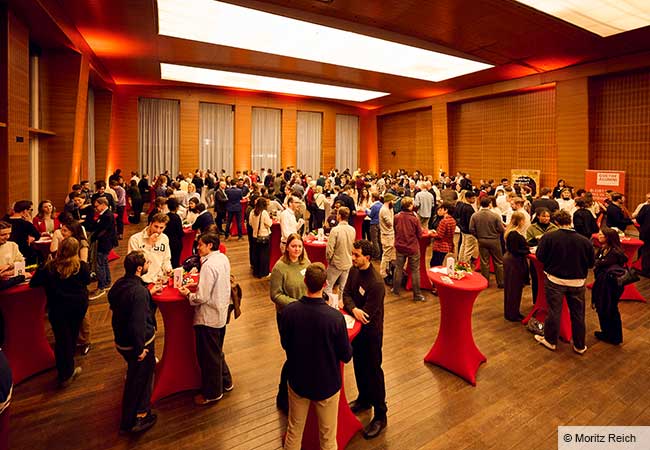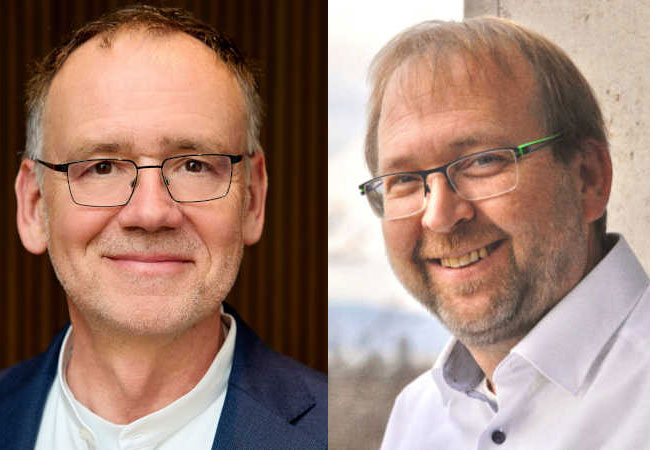
The observatory on Mauna Kea in Hawaii is world-famous. Less well-known is the fact that the Hawaiian Islands are home to one of the leading institutes for cosmochemistry, the Institute for Geophysics and Planetology (HIGP). One of its scientists is the renowned cosmochemist Professor Alexander Krot, and he is now coming to Goethe University for half a year as recipient of the Humboldt Research Award.
Professor Frank Brenker, geophysicist at Goethe University has been working successfully with Professor Alexandor Kort for years. This gave Krot the impetus to temporarily take leave from his Institute for Geophyscis and Planetology (HIGP) on Hawaii, where a large number of powerful measuring instruments are at his disposal for the examination of extraterrestrial material. As recipient of the Humboldt Research Award he will be working in Frankfurt am Main for six months.
At the Institute for Geosciences at Goethe University, Krot will be working both in teaching and research. He is especially interested in nanoscale analytical methods using transmission electron microscopy and synchrotron radiation, an area in which Frank Brenker specializes.
Alexander Krot made a particular name for himself through his work on the formation of the first solid bodies of our solar system. Numerous fundamental insights into the childhood of the solar nebula are based on his research. With more than 160 publications, of which 14 are in “Nature” or “Science”, his scientific body of work is impressive.
Krot is not only one of the most influential and successful researchers in the area of cosmochemistry, the science of the formation and distribution of chemical elements and compounds in the solar system – he is also an excellent teacher. He can now pass on his knowledge directly in several bachelor and master projects at the same time. “It’s a unique opportunity for our students to be able to work with such an internationally successful researcher this early in their careers,” reports Brenker with pleasure. “Some of them are already familiar with Mr. Krot from his many groundbreaking publications, and it is naturally exciting for them to now be able to discuss things directly with him.”







